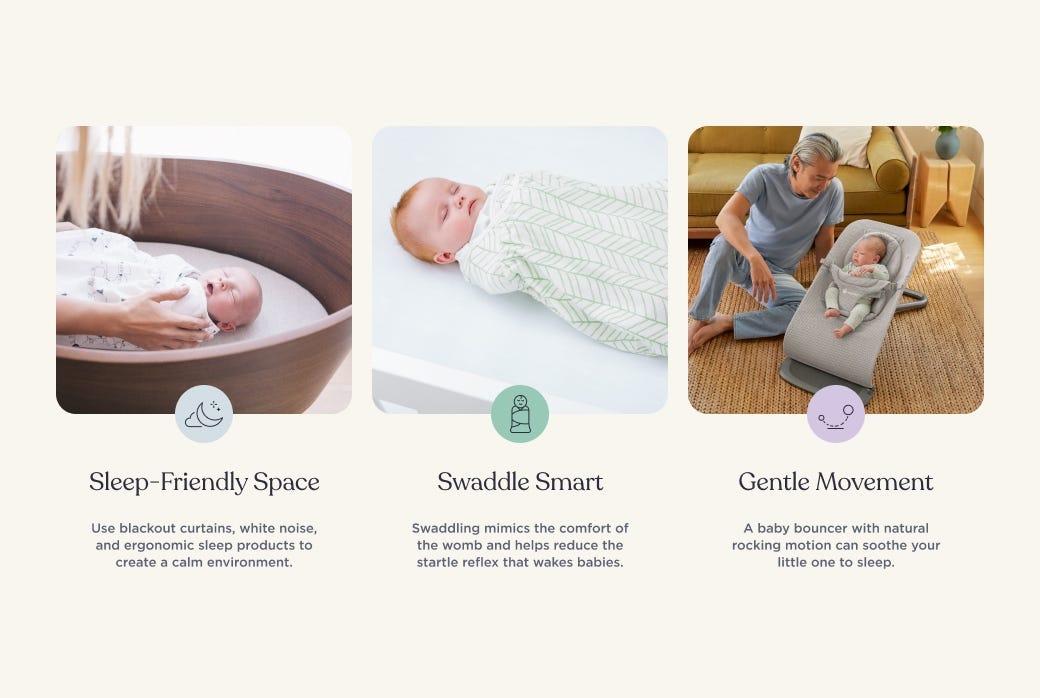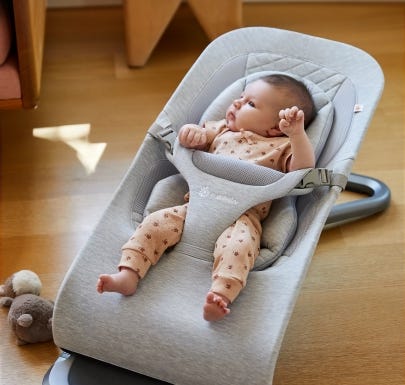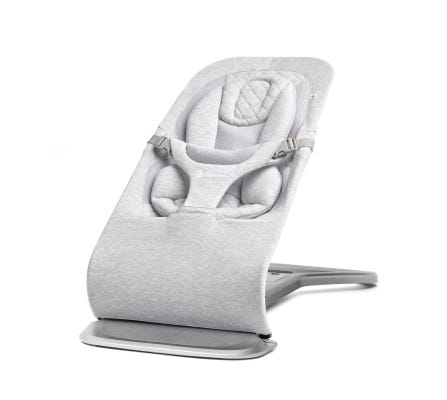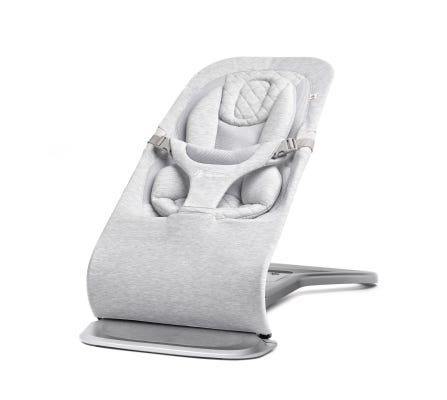Sleep

Help Your Baby Sleep Better (So You Can Too)
Better Sleep Starts Here
Baby won’t sleep? Say goodbye to sleepless nights with expert-backed solutions designed for the challenges of parenthood.
Why Sleep Matters for Your Baby (and You)
Rested Baby, Rested Parent
Sleep is essential for your baby’s growth and your well-being. Yet, those early months can leave you feeling like sleep is a distant memory. Whether it’s short naps, frequent wake-ups, or bedtime struggles, we’ve got advice and products to help.
Baby Sleep FAQs for New Parents
Your Most-Asked Questions, Answered
plus-circle
How do I create a sleep routine for my baby?
plus-circle
Why does my baby wake up so often?
plus-circle
What can I do when nothing seems to work?

Featured Products for Better Sleep
Sleep Essentials to Save Your Nights
Sleep Starts Here
Restful Nights Are Just a Click Away
Getting your baby to sleep better isn’t always easy, but with Ergobaby’s sleep products and expert-backed insights, it’s achievable. Let us help you create a routine that works—for both of you.




































